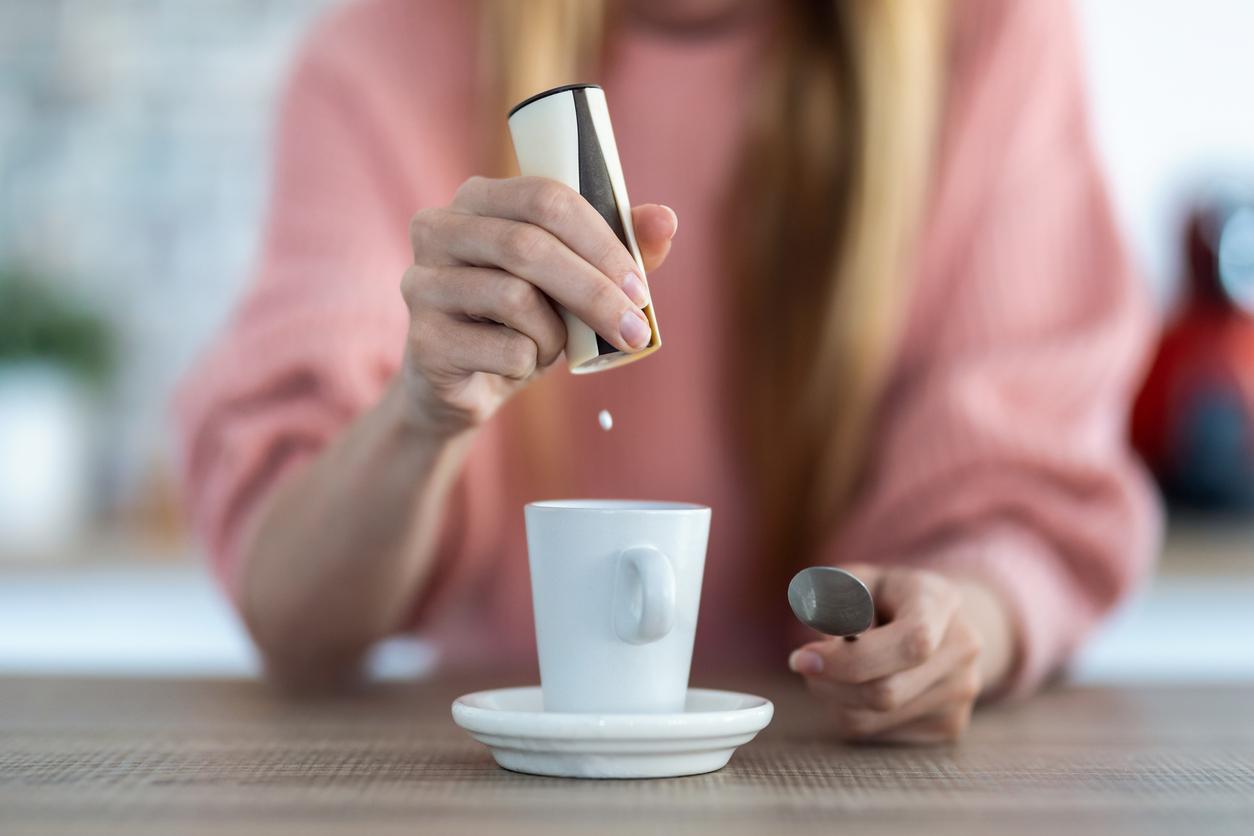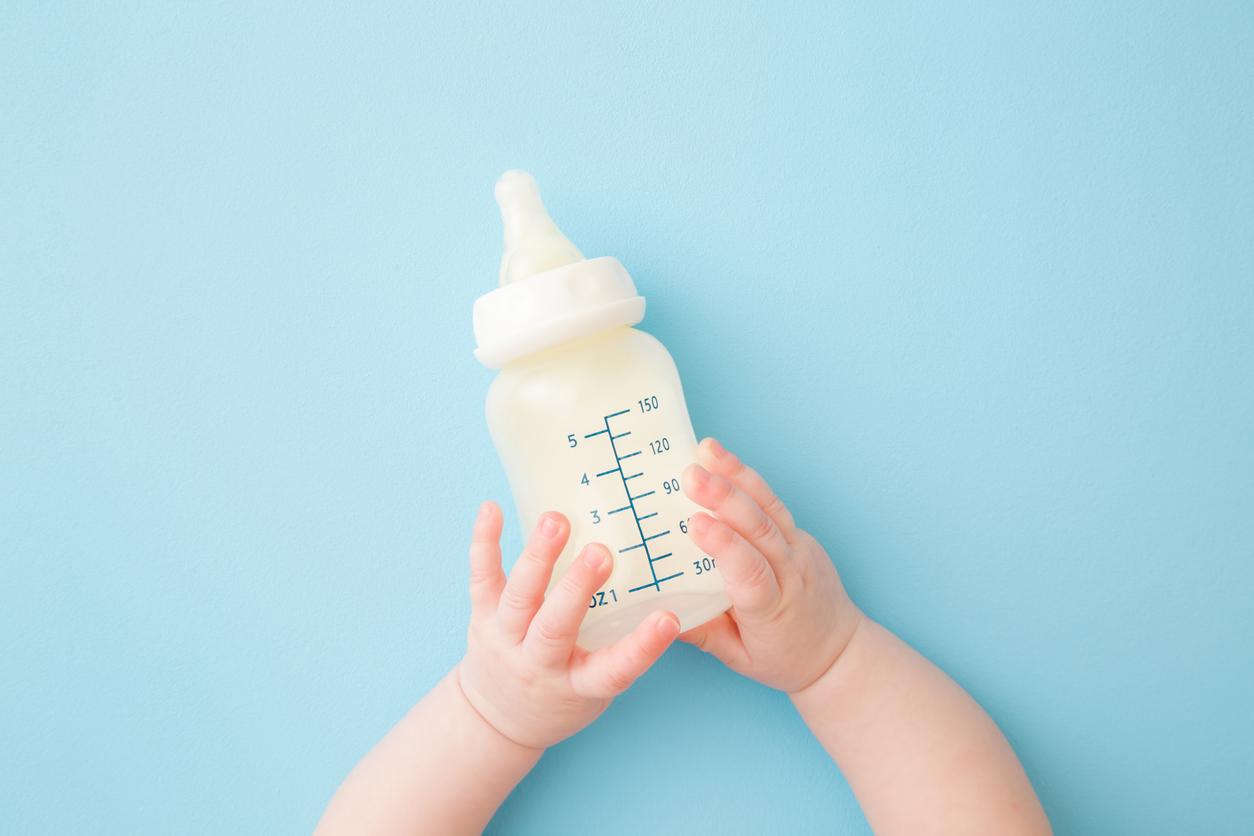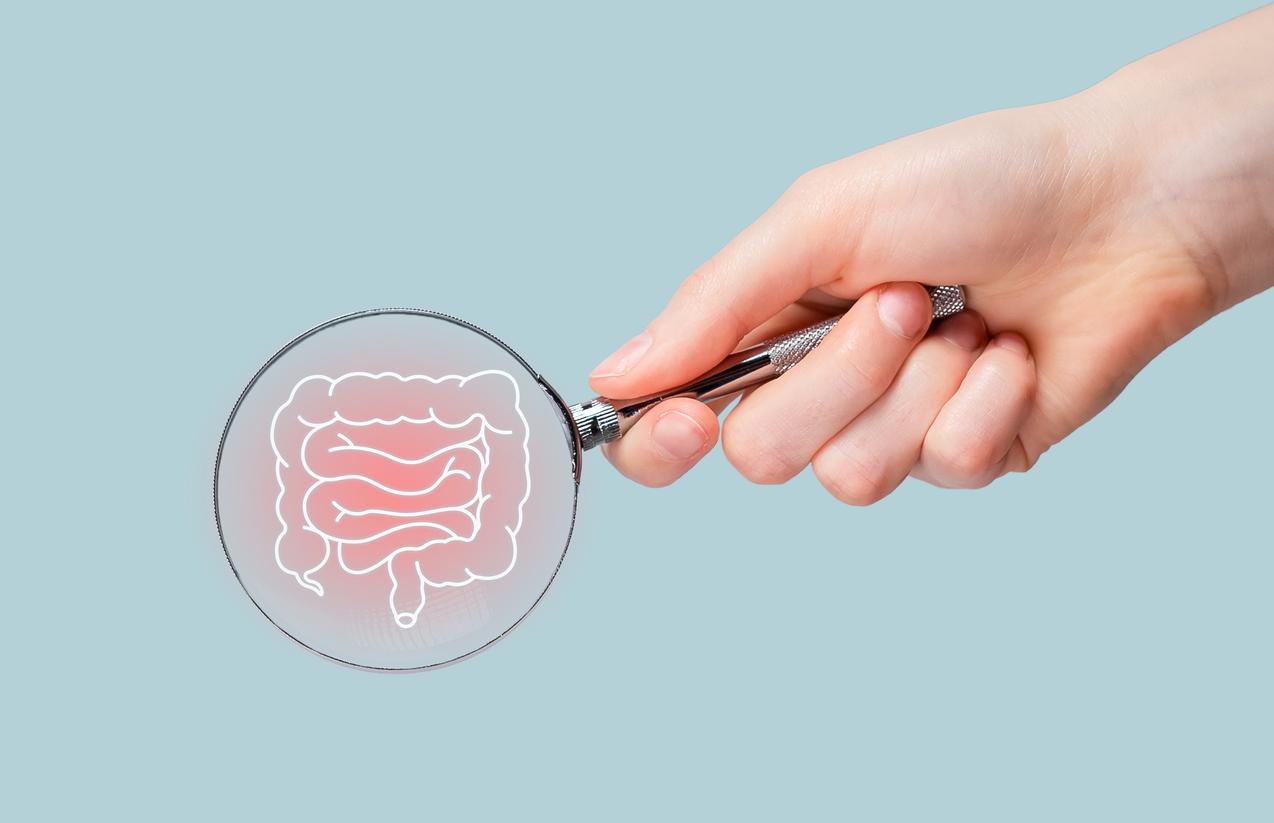Researchers confirm the harmfulness of artificial sweeteners for our intestinal flora, whose diversity of bacteria is a sign of good health.

- A study confirms that artificial sweeteners, these low-calorie false sugars, are harmful to the microbiota, the diversity of which is known to be a guarantee of good health.
- The richness of bacterial colonies in the small intestine was “lower” in participants consuming aspartame-free sweeteners compared to non-consumers.
- But aspartame consumers are more likely to produce high levels of a toxin called cylindrospermopsin, known for its harmful effects on the liver and nervous system.
Artificial sweeteners, those low-calorie “fake sugars,” definitely seem like a bad idea. Some work has already revealed that they are associated with long-term weight gain and an increased risk of type 2 diabetes, heart disease or even cancer.
A new study, published in the journal iScienceconfirms that these sugar substitutes can also prove harmful to the microbiota, this set of microorganisms (bacteria, fungi, etc.) living in our intestine and whose diversity is reputed to be a guarantee of health.
Lower bacterial diversity among sweetener consumers
To reach this conclusion, researchers at Cedars-Sinai Medical Center, in the United States, analyzed the microbial diversity of the small intestine in people who consumed artificial sweeteners, including 9 aspartame and 35 others. sugar substitutes such as sucralose or stevia leaf extract. They then compared the data to that of a cohort of 55 people who did not have a habit of consuming sweeteners.
As a result, the team found that the richness of bacterial colonies in the small intestine was “weaker” in participants consuming non-aspartame sweeteners compared to non-consumers, while bacterial richness in those taking aspartame was “similar” to that of non-consumers, we can read in a communicated.
Sweeteners, harmful to the health of the microbiota
However, this does not mean that aspartame eaters were better off. “Even worse […] their microbiomes were more likely to produce high levels of a toxin called cylindrospermopsin,” explains professor and endocrinologist Dr Ruchi Mathur. The main author of the research recalls that this toxin “is known to have harmful effects on the liver and nervous system, and is classified as a potential carcinogen.”
This is not the first time that sweeteners have been pointed out as harmful to the good bacteria in our intestinal flora. According to various studies, in particular, sucralose deteriorates the lining of the intestines and worsens Crohn’s disease, and stevia can cause an imbalance in the microbiota and disrupt gastrointestinal health.

















